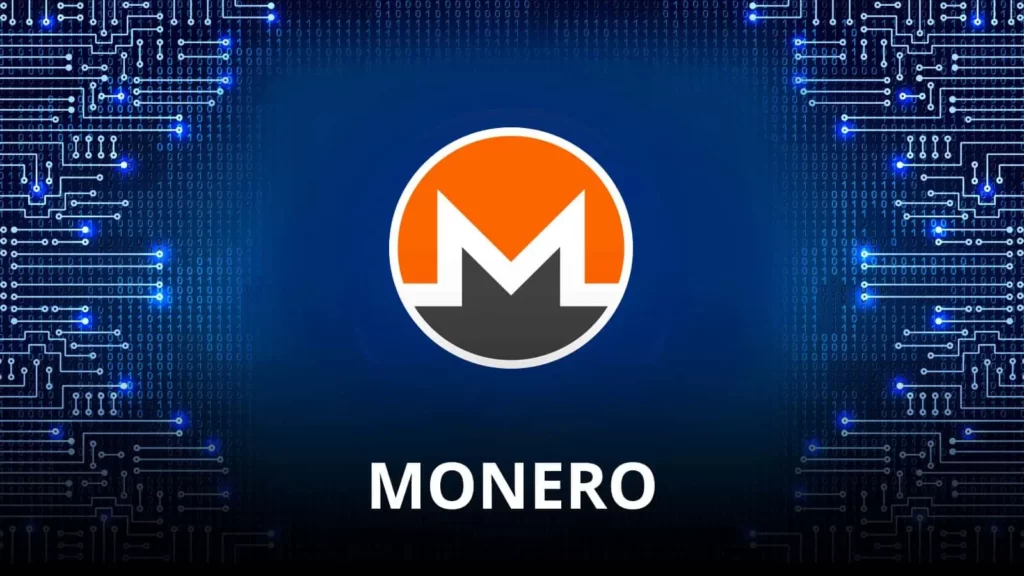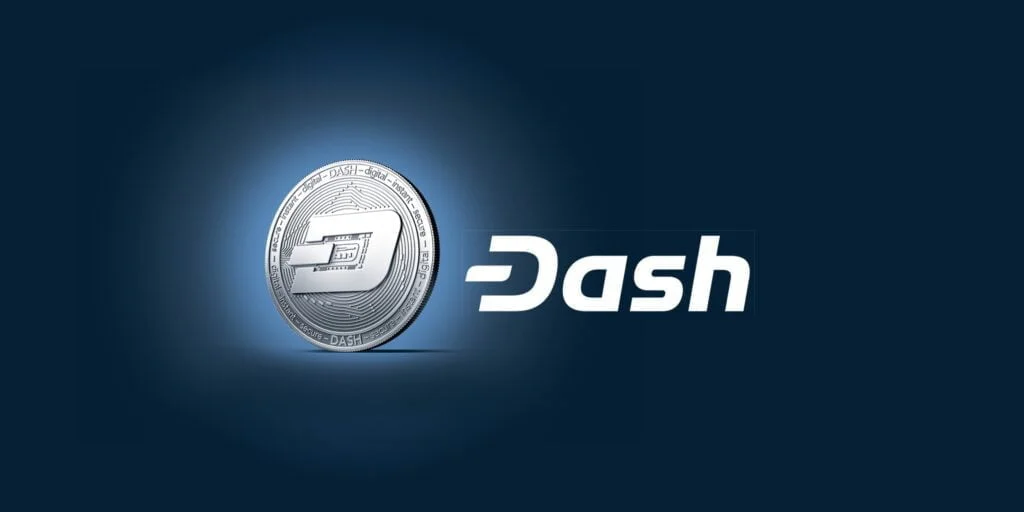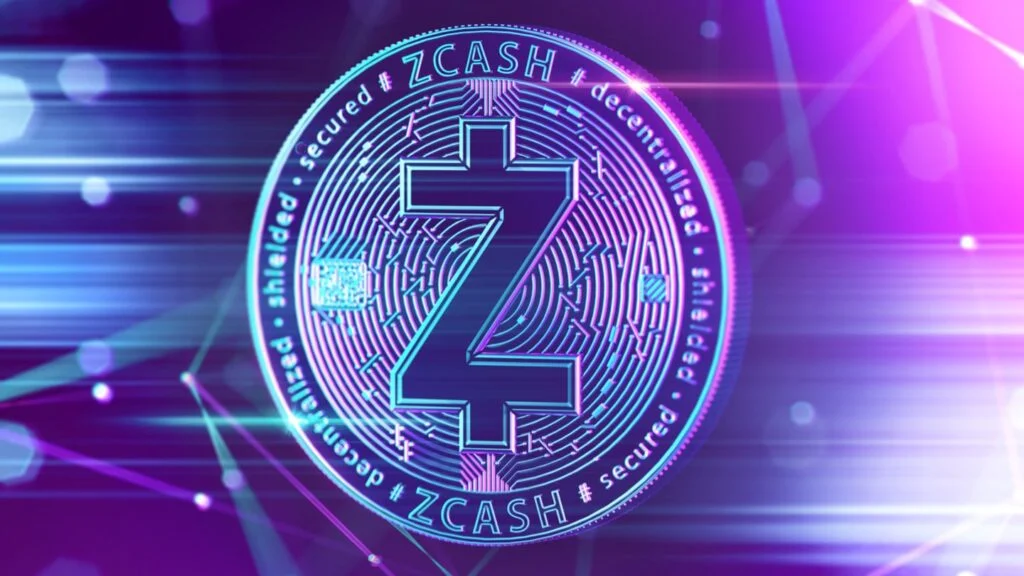Privacy cryptocurrencies are designed to enable money transfers between buyers and sellers without disclosing the parties’ names.

Privacy cryptocurrencies combine the core features of existing cryptocurrencies such as Bitcoin with additional levels of protection to anonymize transactions and/or the identity of wallet holders.
Many individuals believe that cryptocurrency is designed to be anonymous which is not completely accurate. Typically, they are pseudo-anonymous and this indicates that your wallet address does not directly identify you.
Cryptocurrencies are not all automatically private. Many transactions can be easily tracked online. For instance, because all Bitcoin transactions are recorded on a public ledger, they can all be tracked.
However, some cryptocurrencies—referred to as privacy crypto—value user privacy. Privacy coins address two distinct issues: anonymity and untraceability. While untraceability renders it practically impossible for other parties to retrace the trail of transactions using services like blockchain analysis, anonymity obscures the identity behind a transaction.
In this article, we are going to talk about the top privacy cryptocurrencies that you can invest in
What are privacy cryptocurrencies?
Privacy cryptocurrencies are cryptocurrencies that maintain anonymity by masking the movement of money through their networks. They make it challenging to determine who sent what to whom, which is helpful if you don’t want anyone prying into your financial transactions.
They enable a decentralized financial system (one without a central bank) and give customers far more privacy than traditional payment methods.
Privacy cryptocurrencies are a type of cryptocurrency that facilitates private and anonymous blockchain transactions by concealing their origin and destination. These anonymous cryptocurrencies employ a variety of strategies, including masking a user’s actual wallet balance and address and combining numerous transactions to avoid chain analysis.
The foundation of privacy cryptocurrencies is made up of two key principles: high data security and privacy protection.
How do privacy cryptocurrencies work?
Privacy cryptocurrencies employ blockchain technology as a distributed ledger, just like other cryptocurrencies. Although most cryptocurrency transactions are made public, privacy coins are made in a way that makes it difficult to link transactions.
Privacy cryptocurrencies employ encryption to conceal a user’s wallet balance and address to retain a level of privacy, which distinguishes them from ordinary crypto.
Every privacy cryptocurrency has a unique method for encrypting wallet balances and transaction data. These techniques often entail the use of temporary addresses and the division of each transaction into a large number of smaller ones. Instead of a publicly accessible ledger, crucial data regarding each whole or partial transaction might be maintained in encrypted form.
These three cryptographic approaches are applied by some privacy coins.
- Stealth addresses: To safeguard the recipient’s privacy, each transaction creates a unique address.
- Zk-SNARKs, which stands for zero-knowledge succinct non-interactive argument of knowledge. This enables you to demonstrate the validity of a transaction without disclosing any specifics (sender, receiver, amount).
- Ring Signatures: If you use a private key to sign a transaction, people may be able to connect your address to your signature. That is prevented via ring signatures.
Top Privacy cryptocurrencies to invest in
Here is a list of some of the top privacy cryptocurrencies you can invest in
- Monero (XMR)
- Dash (DASH)
- Zcash (ZEC)
- Grin (GRIN)
- Horizen (ZEN)
Monero
Monero is the most widely used and prominent privacy coin.

The cryptocurrency is based on a proof-of-work architecture similar to Bitcoin, in which brand-new data blocks are verified by an international mining network. The RandomX algorithm, which is used in mining, was created to function on standard hardware like the central CPU of a smartphone or personal computer.
Monero makes use of RingCT, or ring confidential transactions to hide the amount of each transaction. This technique breaks each transaction into smaller shards and groups them with shards from other transactions. Even transaction amounts are concealed by this privacy safeguard.
In essence, each individual transaction consists of numerous digital signatures from signers, but only one of those signers really executed the digital transfer. The most effective signature cracking techniques available today cannot distinguish which signature belongs to which transaction.
Every transaction in Monero also uses temporary addresses that are secured by two unique private cryptographic keys. The only person who can view the final target address of a Monero transaction is the owner of both private keys.
Together, these features make it extremely difficult to follow the movement of assets through the Monero system. However, each action is recorded with the same level of security as an Ethereum or Bitcoin transaction. The anonymity and security of Monero are also considerably enhanced by its open-source design.
At peak performance, Monero can execute 1700 transactions per second. It is accessible on the exchanges Binance, Bitfinex, HBTC, Huobi Global, Kraken, and OKEx, among others.
Dash
Dash is one of the most popular privacy-focused cryptocurrencies. After Monero, it has the greatest market cap among all private coins.

However, unlike Monero, transactions are not private by default. Using their “PrivateSend” feature makes it simple to transmit cryptocurrency anonymously. This tool combines your cryptocurrency transaction with those of other users before sending the appropriate amount to the recipient of your transaction.
Although it may seem unsettling to mix your cryptocurrency with others’, PrivateSend guarantees that all transactions are private.
Dash is open-source, similar to Monero, and its source code is accessible on GitHub. As a result of ongoing vulnerability identification by a committed community, it is quite secure.
Additionally, the fact that Dash can handle 56 transactions per second and has a fantastic transaction time (just two seconds when you use InstantSend!) is significant.
Dash is a Bitcoin fork that is traded on Binance, Bitfinex, CEX, Coinbase, Digifinex, Huobi Global, HBTC, Kraken, OKEx, and Poloniex, among others.
Zcash
The privacy coin Zcash began as a straight copy of Bitcoin and over time added privacy-shielding features.

Zcash is a unique private cryptocurrency. It employs zk-SNARKs, a cutting-edge privacy mechanism (Zero-Knowledge Succinct Non-Interactive Argument of Knowledge). This is a component of Zcash’s “Orchard shielded payment mechanism.”
This enables crypto users to demonstrate their possession of specific information, such as the passwords to a certain quantity of cryptocurrency, without actually disclosing that information. Zero-knowledge proof is another name for this framework.
zk-SNARK will transmit a complicated equation that mathematically validates you have the information before the funds are released, as opposed to actually giving up your wallet address or other information required for the transaction.
Since they let you conceal important transaction information, zk-SNARKs are fantastic for privacy. This includes the recipient’s wallet address, your wallet address, and the transaction amount.
This privacy feature isn’t always there, unlike Monero. Owners of Zcash have the option of sending tokens in either a “shielded” transaction employing zk-SNARK protection or a public transaction that closely resembles a typical Bitcoin transfer.
The transactions that are protected are just as secure as Monero’s constant privacy measures.
Currently, it can complete six to 25 transactions per second. The cryptocurrency is tradeable on Binance, Bitfinex, Bithumb, Coinbase, Gemini, Huobi Global, Kraken, OKEx, and Poloniex, among other exchanges.
Grin
Grin, which was introduced in January 2019 and uses the same Mimblewimble blockchain as Beam. It is one of the best privacy coins that are scalable and censorship-resistant.

Grin distinguishes itself by being unrelated to its founder’s identity. As a result, donations are the main source of developer incentives. A notable mining regulation on the platform is that rewards are given at the same rate indefinitely. This means that a miner who joins the network in December 2030 would earn the same payouts per block as the first miner in January 2019.
The network leverages the Slatepack consistent transaction standard to improve file handling, privacy, security, compatibility, and developer and user experiences.
It makes use of the incredibly revolutionary MimbleWimble protocol, which has its own blockchain and conducts transactions completely differently (increased focus on security than speeds).
According to MimbleWimble, their blockchain doesn’t even process transactions using wallet addresses, and it doesn’t keep track of transaction amounts.
Since Grin is open-source, coding-savvy crypto enthusiasts can easily find any security or privacy problems in its code. This will likely just serve to increase Grin’s security and privacy. This is especially helpful given that Grin is currently under development, said their team.
According to Grin, it supports roughly 10 transactions per second. Although it may not seem fast, it isn’t. We may be somewhat forgiving of this, though, if we take into account that this is still twice as quick as the current transaction speed for Bitcoin and Grin’s much, much stronger privacy.
Horizen
Horizen offers a core blockchain and a sidechain platform that let programmers create unique private or public blockchains and decentralized applications using ZEN as its native asset. ZEN is a fully encrypted, proof-of-work (PoW)-based cryptocurrency that may be mined.

The Horizen blockchain enables a decentralized autonomous organization(DAO) and an end-to-end encrypted anonymous money network. It employs zero-knowledge cryptography which allows transactions to be verified and confirmed without disclosing any data to the blockchain.
Because it leverages zk-SNARKS, the same technology that Zcash uses to guarantee transaction anonymity, Horizen provides a high level of privacy.
It claims its transaction speeds are exceptional. A single Horizen blockchain, according to its website, can handle up to 1000 transactions per second.
They also assert that 10,000 Horizen blockchains (and likely sidechains) may run concurrently. Accordingly, Horizen could hypothetically process a staggering 10,000,000 transactions per second.
On its website, Horizen provides two toolkits for developers to use in creating their own blockchains. The first one, Blaze, enables you to create highly decentralized blockchains quickly.
The second one, called Latus, enables programmers to create completely decentralized blockchains. Only Blaze is now active, although Horizen claims that Latus will soon be released.
Since Horizen is open source, anyone may readily review it.
Conclusion
Privacy cryptocurrencies are no different from other coins like bitcoin when the mechanism that protects privacy is removed. They are run on blockchains, which are distributed ledgers, and are upheld by a system of unidentified validators. But what sets privacy coins apart from the competition is their advanced privacy strategies.
Regulators from all over the world are closely monitoring privacy coins in an effort to combat the criminal marketplaces that are supported by them. Due to anti-money laundering recommendations, certain cryptocurrency exchanges no longer provide privacy coins. While Japan has outright prohibited privacy coins, Australia, South Korea, and other countries have made it illegal for exchanges to provide them.
While using privacy coins, you should be aware of any applicable local rules and regulations as complete privacy cannot be guaranteed.
